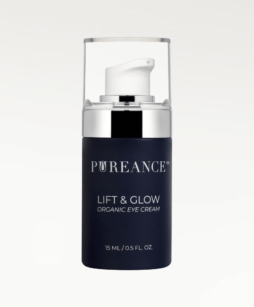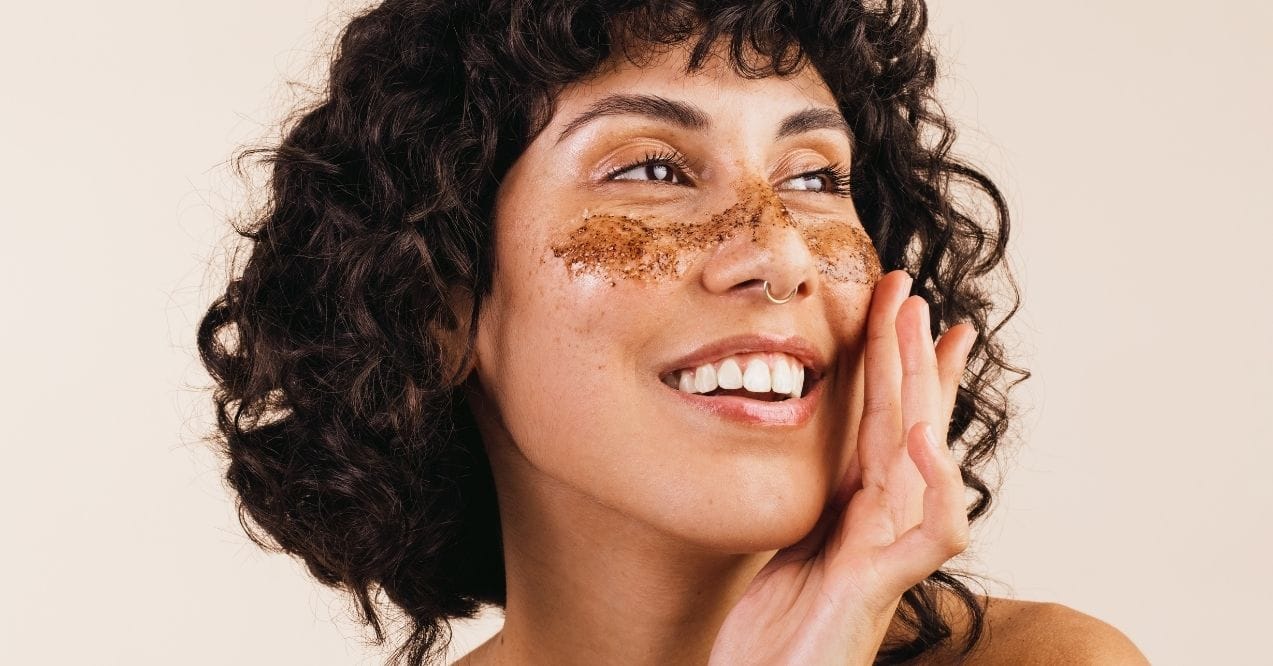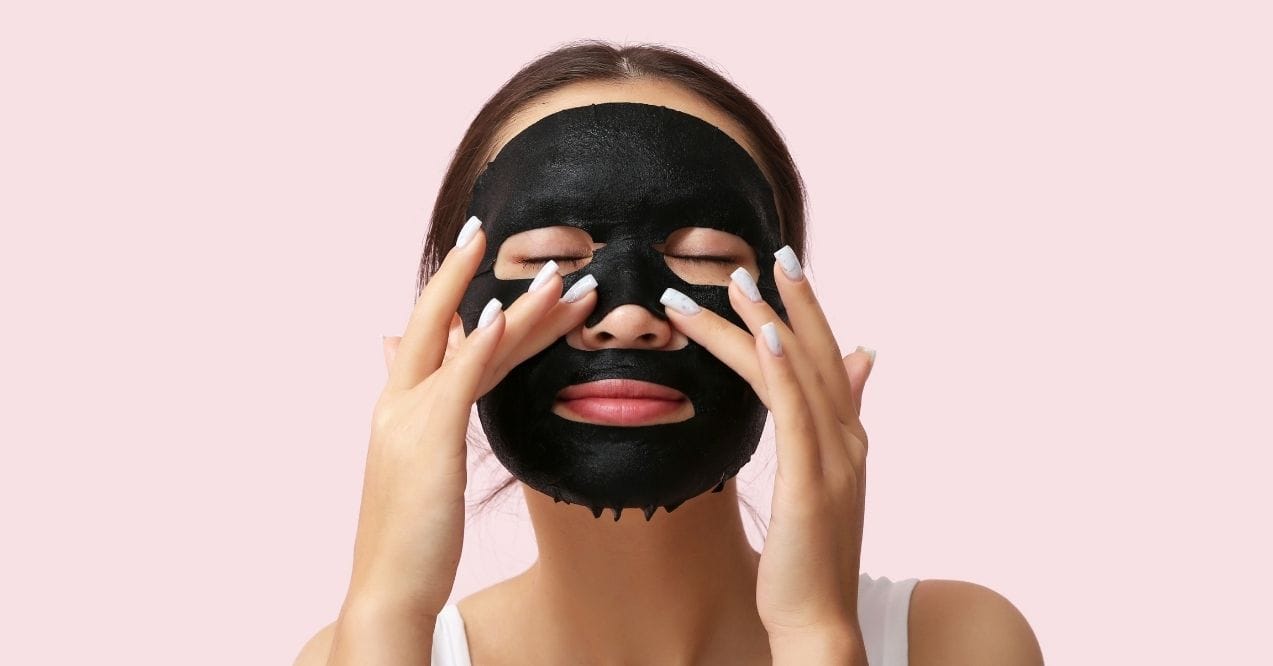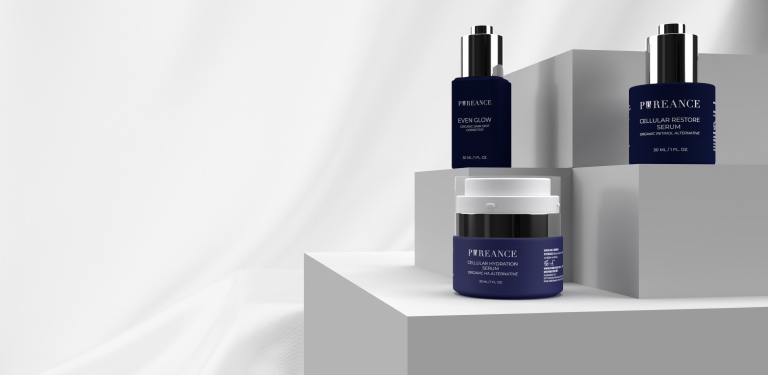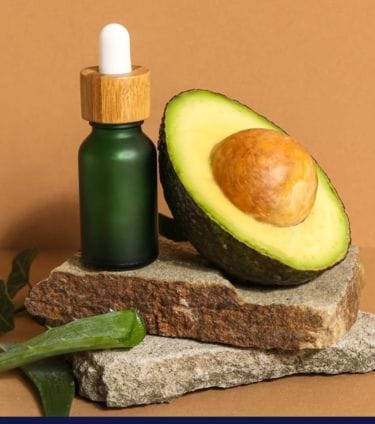


Does Avocado Oil Clog Pores?
Does avocado oil clog pores? As avocado oil gains popularity in skincare routines worldwide, many are curious about its effects on skin health. While rich in nourishing nutrients, some worry that avocado oil might contribute to clogged pores, potentially leading to breakouts or dull skin. However, the relationship between avocado oil and pore health is more nuanced than it appears.
Therefore, this blog delves into the intricacies of avocado oil’s impact on pores, exploring its comedogenic properties, the factors that influence its suitability for different skin types, and how to maximize its benefits while minimizing any potential risks.
Key Article Findings
- Avocado oil has a low to moderate comedogenic rating (2), meaning it’s generally safe for most skin types but may pose some risk for oily or acne-prone skin.
- Proper application and combining avocado oil with non-comedogenic ingredients can help maximize benefits while minimizing the risk of clogged pores.
- Choosing high-quality, cold-pressed avocado oil is essential for reducing impurities and enhancing its skincare benefits.
Why We Need Pores and What Clogs Them
Pores play an essential role in maintaining your skin’s health by allowing it to breathe, moisturize, and protect itself. They act as channels for natural oils, such as sebum, which help keep the skin hydrated and form a protective barrier against external elements. Without pores, your skin would lack its natural defense mechanisms and moisture balance, leading to dryness and irritation.
However, pores can become clogged when excess sebum, dead skin cells, and environmental pollutants accumulate. When the skin produces too much sebum or fails to shed dead cells efficiently, these substances mix and block the pores. External factors like dirt, sweat, and airborne impurities can exacerbate the problem, leading to further congestion.
When this buildup occurs, it can contribute to blackheads, whiteheads, and other skin concerns. Therefore, understanding these underlying causes is crucial for preventing clogged pores and maintaining a healthy, clear complexion.
Is Avocado Oil Pore Clogging?
Does avocado oil clog pores? This is a common question for those exploring natural skincare options. While avocado oil is celebrated for its nourishing and hydrating qualities, concerns about its potential to clog pores and cause breakouts are valid. Understanding how avocado oil interacts with the skin, along with factors like skin type and application method, will help determine whether it’s a suitable option for your skincare routine.
The Comedogenic Scale: Where Does Avocado Oil Stand?
The comedogenic scale is a tool used to measure how likely an ingredient is to clog pores, with ratings ranging from 0 (non-comedogenic) to 5 (highly comedogenic). Is avocado oil non comedogenic? Avocado oil typically has a rating of 2, indicating a low to moderate chance of clogging pores. This means that for most people, avocado oil is generally safe to use without causing pore congestion.
However, when considering how avocado oil fits into your skincare routine, it’s important to understand how it behaves on different skin types. For example, what is mature skin? Mature skin tends to lose moisture, elasticity, and smoothness over time, often becoming drier as it ages.
Avocado oil’s nourishing properties, rich in fatty acids and vitamins, can be particularly beneficial for mature skin by restoring hydration and supporting the skin’s natural barrier. Therefore, its low comedogenic rating reduces the risk of clogging pores, especially for drier skin types.
Remember, the comedogenic scale isn’t the only consideration. The oil’s quality, processing, and combination with other skincare products matter. High-quality, cold-pressed avocado oil combined with non-comedogenic ingredients is best to avoid pore congestion while maximizing benefits.
Factors Influencing if Avocado Oil Will Clog Your Pores
Is avocado oil pore clogging all skin types? The answer largely depends on individual skin characteristics. For dry or mature skin, avocado oil’s moisturizing properties an be highly beneficial, supporting the skin’s natural barrier. However, individuals with oily or acne-prone skin may be more prone to clogged pores due to the oil’s heavier texture.
The quality of avocado oil also plays a significant role in its potential to clog pores. Cold-pressed, unrefined avocado oil retains more beneficial nutrients and is less likely to cause pore blockages than highly processed or refined oils. It’s important to always choose high-quality, pure oils, as impurities and added chemicals can increase the likelihood of clogged pores.
Proper application is equally important. Overuse or frequent application of avocado oil can overwhelm the skin and lead to congestion. Applying a small amount, targeted to areas that need extra hydration, is typically sufficient. Additionally, combining avocado oil with a non-comedogenic moisturizer can help minimize the risk of clogged pores while still delivering its benefits.
Avocado Oil for Different Skin Types
- Dry and Mature Skin – Avocado oil provides deep hydration and essential fatty acids that support the skin’s moisture barrier, making it ideal for dry or mature skin. It works well when used at night for better absorption.
- Oily and Acne-Prone Skin – For oily or acne-prone skin, avocado oil’s heavier texture can be problematic. Use it sparingly and only on areas needing moisture. Applying it as a spot treatment or pairing it with non-comedogenic products can help control oil and prevent clogged pores.
- Combination and Sensitive Skin – Avocado oil can benefit combination or sensitive skin when used carefully. Start with a patch test, apply moderately, and pair it with lightweight, non-comedogenic products to avoid pore congestion.
Maximizing Benefits While Minimizing Risks
If you still wonder, will avocado oil clog pores when added to your skincare routine, the answer lies in how you incorporate it. To minimize the risk of clogged pores, it’s essential to apply avocado oil sparingly and focus on areas needing extra hydration. Avoid over-application, as this can overwhelm the skin and lead to congestion. For best results, use avocado oil as part of your evening routine, allowing it to absorb overnight.
Combining avocado oil with non-comedogenic ingredients, such as squalane or hyaluronic acid, can provide balanced hydration without clogging pores. Additionally, pairing it with antioxidant-rich ingredients like vitamin C can enhance skin protection and support cellular health.
For those with oily or acne-prone skin, blending avocado oil with water-based serums can help balance oil production while still delivering the nourishing benefits of this natural oil. By following these guidelines, you can enjoy the benefits of avocado oil without worrying about pore blockages.
Conclusion
So, does avocado oil clog pores? While avocado oil is generally safe for most skin types, it can pose a risk for those with oily or acne-prone skin due to its heavier texture. On the comedogenic scale, it rates around a 2, indicating a low to moderate likelihood of clogging pores.
Factors such as skin type, product quality, and proper application are crucial in determining how avocado oil will affect your skin. By using small amounts, selecting high-quality oils, and combining avocado oil with non-comedogenic products, you can maximize its moisturizing benefits while minimizing the risk of clogged pores.
Avocado oil can be used on acne-prone skin if applied sparingly and combined with non-comedogenic products. Its anti-inflammatory properties may help soothe the skin, but its heavier texture could clog pores if overused or applied incorrectly.
Avocado oil can be used 2-3 times a week in your skincare routine, depending on your skin type. For dry skin, more frequent use is beneficial, while oily or acne-prone skin should limit application to avoid clogged pores.
Yes, cooking avocado oil is often refined, while skincare-grade avocado oil is typically cold-pressed and unrefined, preserving more nutrients. Skincare-grade oils are purer and designed for topical use, while cooking oils are processed for heat stability.
This site offers health, wellness, fitness and nutritional information and is designed for educational purposes only. You should not rely on this information as a substitute for, nor does it replace, professional medical advice, diagnosis, or treatment. If you have any concerns or questions about your health, you should always consult with a physician or other health-care professional. Do not disregard, avoid or delay obtaining medical or health related advice from your health-care professional because of something you may have read on this site. The use of any information provided on this site is solely at your own risk.
Nothing stated or posted on this site or available through any services are intended to be, and must not be taken to be, the practice of medical or counseling care. For purposes of this agreement, the practice of medicine and counseling includes, without limitation, psychiatry, psychology, psychotherapy, or providing health care treatment, instructions, diagnosis, prognosis or advice.
